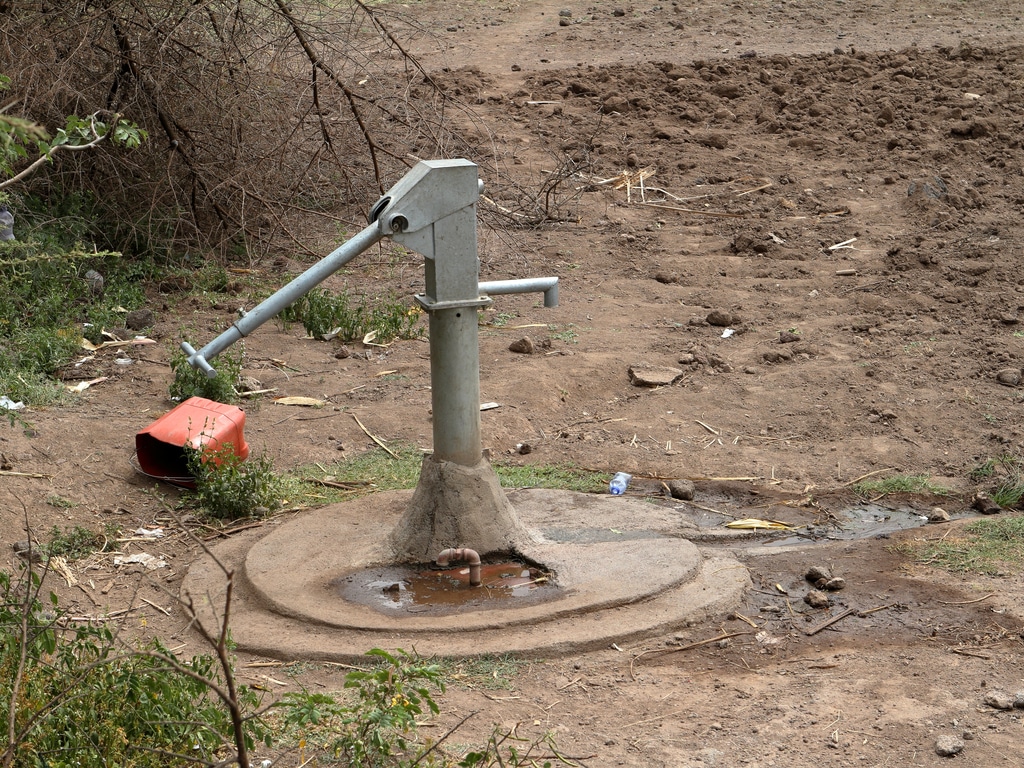In the N’zi region of central-eastern Ivory Coast, 209 human-powered pumps have been operating at full capacity for the past few days. The facilities have been upgraded as part of the government’s social programme (Psgouv 2019-2020). The initiative launched in May 2019 in this West African country aims to rehabilitate and maintain a total of 21,000 human-powered pumps. This should help improve the drinking water supply to 11 million people in rural areas.
Among the 209 installations recently put back into service in the N’zi region, 75 human-powered pumps are located in the Dimbokro department, 97 in Bocanda and the last 36 in Kouassikouassikro. These modernised installations supply the inhabitants of almost 200 localities in this region. Eventually, the government’s social programme, implemented by the Ivorian Ministry of Hydraulics, will make it possible to rehabilitate almost 600 manual pumps in the N’zi region alone.
The aim of the Ivorian government is to increase the rate of access to drinking water to 95% before the end of 2020; i.e. a level of 60% in rural areas and 85% in towns.
The “water for all” programme
In Ivory Coast, the authorities are also developing the “water for all” programme. Launched in 2017, the initiative aims to provide drinking water to all Ivorians by 2030 by accelerating the construction of drinking water production facilities. The Ivorian Minister of Hydraulics, Laurent Tchagba launched in October 2020 the construction of two drinking water supply systems (AEP) in Mankono and Séguéla. According to this official, the installations will be delivered in 24 months.
The overall cost of the “water for all” programme is estimated at 1,320 billion CFA francs, or more than 2 billion euros.
Inès Magoum
